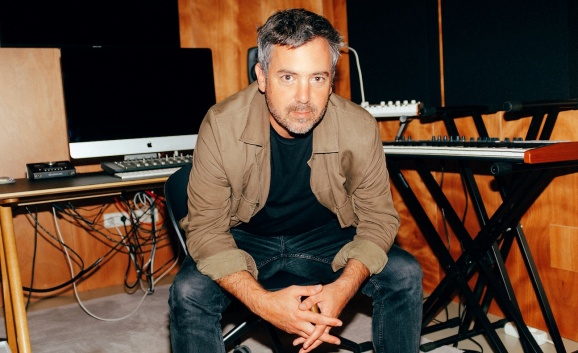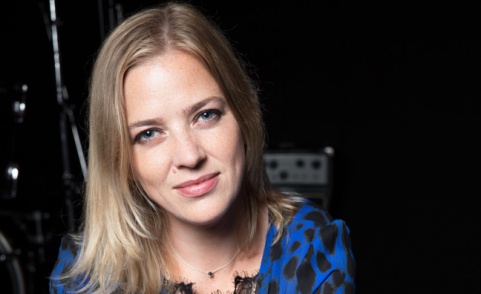opinion
Frederic Schindler, music supervisor, Founder of Too Young Ltd and Catalog, argues that it’s time to reclaim the value of independent music and “break free from the bottleneck of traditional sync licensing”... A few weeks ago, a major-owned library music ...














